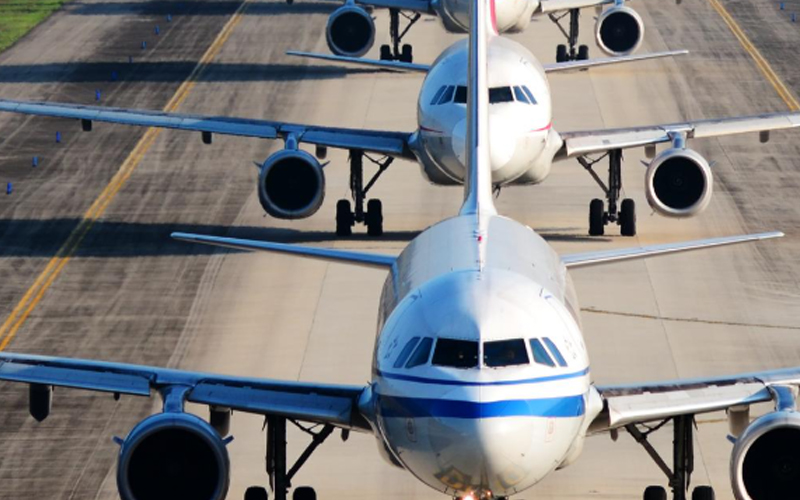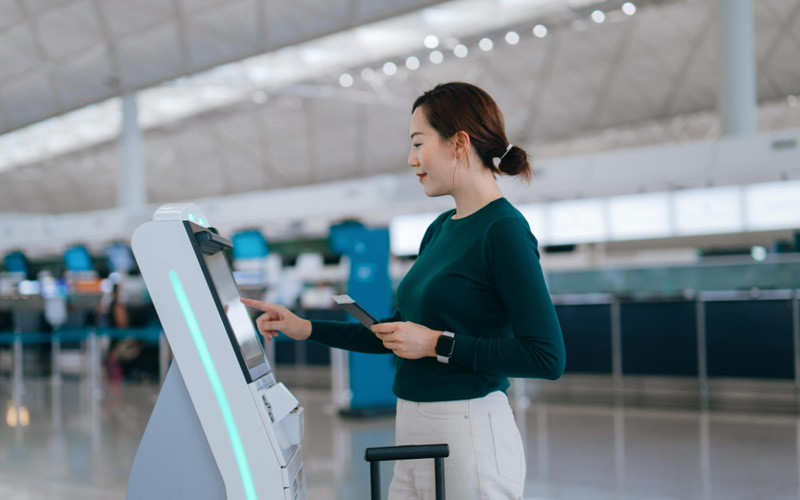In the dynamic landscape of logistics and transportation, air cargo pricing plays a pivotal role in determining the success of supply chain operations. According to the International Air Transport Association (IATA), air freight transports over $8 trillion worth of goods annually, accounting for approximately 33% of global trade by value.
Air cargo pricing is not a monolithic concept but a multifaceted ecosystem influenced by numerous interconnected variables. This complexity necessitates continuous adaptation and the use of sophisticated analytical tools to navigate ever-changing market conditions.
As the demand for fast, reliable, and cost-effective shipping solutions continues to grow, understanding the intricacies of air cargo economics has become imperative for businesses.
The economics of air cargo
The economics of air cargo revolves around balancing high capital expenditures, such as aircraft acquisition, with variable operational expenses. Airlines strive to maximise revenue by optimising cargo space utilisation while maintaining competitive pricing.
To understand air cargo pricing, it is crucial to examine the key cost drivers shaping the industry's financial landscape.
Fuel costs
Jet fuel accounts for a significant portion of an airline's operating expenses. Fluctuations in global oil prices directly impact air cargo pricing. To offset these costs, carriers often implement fuel surcharges, ensuring that price adjustments align with market conditions.
Capacity and demand
The balance between available cargo space (supply) and the volume of goods transported (demand) is a key factor in air cargo pricing. During peak seasons, such as holidays or major product launches, demand often exceeds available capacity, driving higher rates. Conversely, during off-peak periods, carriers may reduce prices or offer discounts to maximise space utilisation and maintain efficiency.
Spot pricing
Spot pricing is a flexible, market-driven model that adjusts in real time based fluctuations in supply and demand. Unlike fixed or contract-based pricing, it responds to capacity constraints, demand surges, and supply chain disruptions. This allows carriers to maximise revenue while offering shippers flexible access to immediate cargo space.
Geopolitical and regulatory factors
Trade policies, customs regulations, and geopolitical tensions significantly impact air cargo operations and pricing. Tariffs and sanctions can also elevate transportation costs for specific goods, while regulatory changes may introduce additional compliance requirements, affecting overall efficiency and cost structures.
Air freight pricing strategies
Strategic pricing is essential for maintaining competitiveness in the air cargo industry. Below are some key air freight pricing strategies employed by airlines:
Dynamic pricing
Dynamic pricing leverages real-time data to adjust rates based on market demand, competition, and seasonality. This approach ensures optimal price points that benefit both shippers and carriers by minimising revenue leakage and maximising capacity utilisation. Today, many cargo airlines use AI-powered dynamic pricing to optimise rates in response to fluctuating demand.
Contractual agreements
Long-term contracts with freight forwarders provide airlines with predictable revenue streams while offering shippers consistent rates over time. These agreements often include block space allocations to secure capacity and mitigate the effects of price volatility.
Value-added services
Offering specialised services such as expedited delivery, temperature-controlled transport for perishables, or handling hazardous materials allows airlines to justify premium pricing tiers. Many companies offer dedicated cold-chain logistics for pharmaceuticals, ensuring compliance with stringent safety standards.
Air cargo market analysis
A comprehensive understanding of market trends is crucial for developing effective air freight pricing strategies. Below are key trends shaping the air cargo market:
Growth in E-commerce
The rapid expansion of e-commerce has significantly increased demand for air cargo services, as online retailers require fast, reliable logistics to meet evolving consumer expectations. This surge in demand has placed increased pressure on air freight capacity, driving the need for efficient logistics solutions and adaptive pricing strategies.
Digital transformation
The integration of advanced technologies such as blockchain, IoT, and AI is reshaping the air cargo industry. These innovations facilitate real-time tracking, predictive analytics, and automated pricing, improving operational efficiency, transparency, and decision-making across the supply chain.
Increased focus on specialised cargo
The demand for transporting temperature-sensitive pharmaceuticals (such as vaccines), perishable goods, and high-value electronics is growing. This necessitates specialised handling, storage, and tracking, leading to premium pricing and investment in dedicated infrastructure to maintain cargo integrity and safety.
Future of air cargo pricing
The air cargo industry is undergoing a profound transformation, driven by technological advancements, shifting market dynamics, and evolving customer expectations.
Digitalisation and advanced analytics
The adoption of digital technologies such as AI, ML and big data analytics is revolutionising air cargo pricing. These tools enable real-time demand forecasting, dynamic pricing adjustments, and enhanced operational efficiency. By leveraging predictive analytics, carriers can optimise pricing strategies, reduce costs, and improve customer satisfaction.
Hyper-Personalisation
By analysing real-time market conditions and customer behaviour, carriers can develop customised pricing models and service offerings tailored to individual customer profiles. This hyper-personalised approach will enhance customer satisfaction and drive long-term loyalty.
Green logistics
Growing environmental concerns are pushing the air cargo industry towards sustainable practices. Companies are investing in fuel-efficient aircraft, carbon offset programmes, and sustainable aviation fuels (SAFs) to align with global regulations and long-term sustainability goals.
How can Infosys BPM help?
Air cargo pricing is a complex and multifaceted aspect of logistics and transportation, requiring continuous innovation, strategic thinking, and advanced analytical capabilities.
As the industry evolves, businesses must embrace technology to keep up with market trends, tackle challenges, and ensure long-term growth.
Infosys BPM helps businesses streamline air cargo operations with a comprehensive suite of solutions, including:
- Advanced analytics
- Automation
- Digital transformation
Partner with Infosys BPM to optimise your air cargo processes and unlock new opportunities for growth and success.








